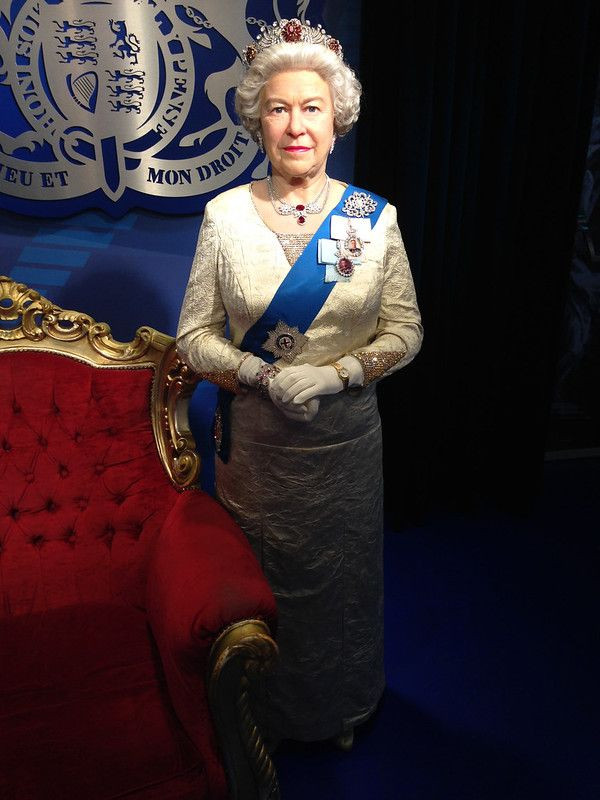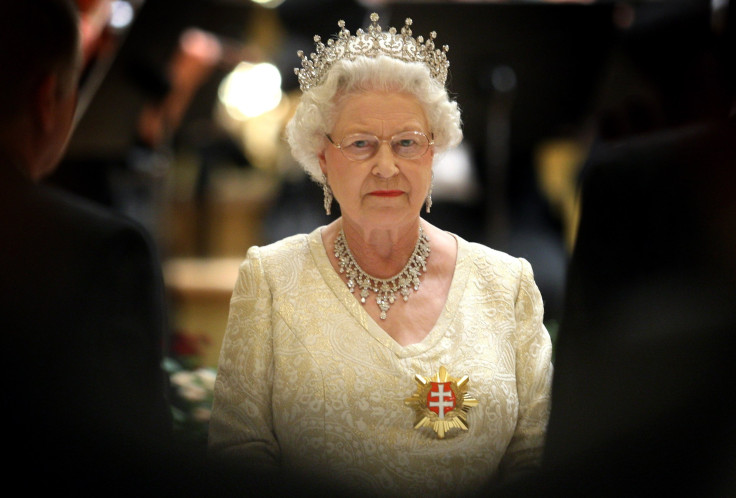
Queen Elizabeth has a vast amount of power as the reigning monarch. Not only is her influence widely regarded, but she can also award a portion of that influence by granting a title to an individual. This very simple yet exceedingly significant move may be done at the Queen’s behest, although this follows quite a bit of royal tradition before being done.
What Titles Can The Queen Bestow?
There are quite a number of titles that Her Majesty may bestow on an individual. In ascending hierarchy, they are Baron/Baroness, Viscount/Viscountess, Earl/Countess, Marquess/Marchioness and Duke/Duchess. These titles are relics of the peerage system — a hierarchical group of the monarch’s vassals.
Who Can Receive The Titles?
Although one would immediately think that the titles are only bestowed upon marriage to a current member of the royal family, the truth is that the titles are actually given at the whim of the Queen. As such, any nonroyal may receive a title should the Queen please herself to do so.
What Are The Rules On Bestowing A Title?
1. Wives and children take the husband’s title
As the royal family does not actually have “last names,” wives entering the family take on their husbands’ royal title. Their children too will follow suit, taking on their father’s title.
However, marrying a prince does not automatically grant the wife the title of being a princess. According to the rules, the title is traditionally only given to those who are related by blood to the monarch.
2. Monarchs don’t keep dukedoms
When the heir apparent ascends the throne, he or she leaves his/her dukedom, taking on the mantle of the monarch. His/her previous title becomes available for awarding to the future candidate of choice of the reigning monarch.
3. Special title may be given to the heir apparent
The heir apparent may take on a very particular title that is only available to someone of his or her status: the Prince/Princess of Wales. Eldest sons may also earn the title of Duke of Cornwall, while eldest daughters may be granted the title of Princess Royal.
4. Royal titles should include geographical locations
Titles are accompanied by a geographical location as it typically shows a reign over a certain region. This is usually followed for most awarded titles, excluding that of knights.

© 2025 Latin Times. All rights reserved. Do not reproduce without permission.




